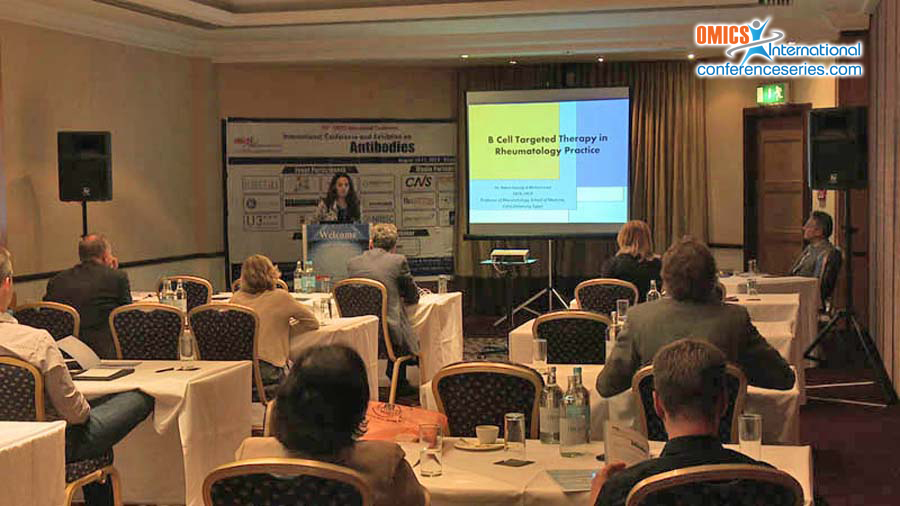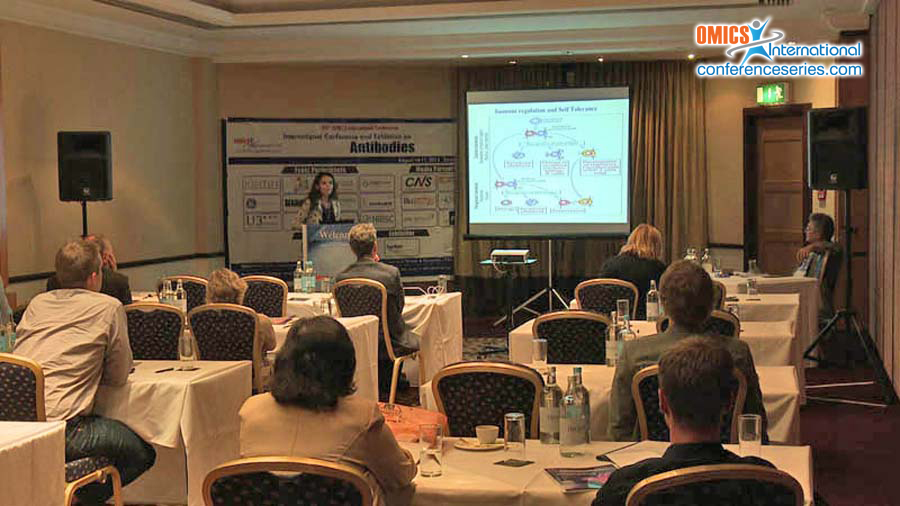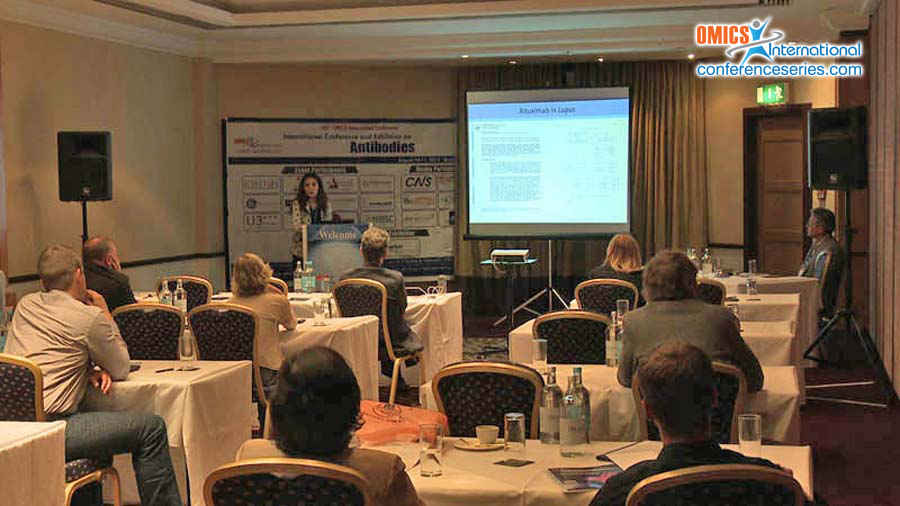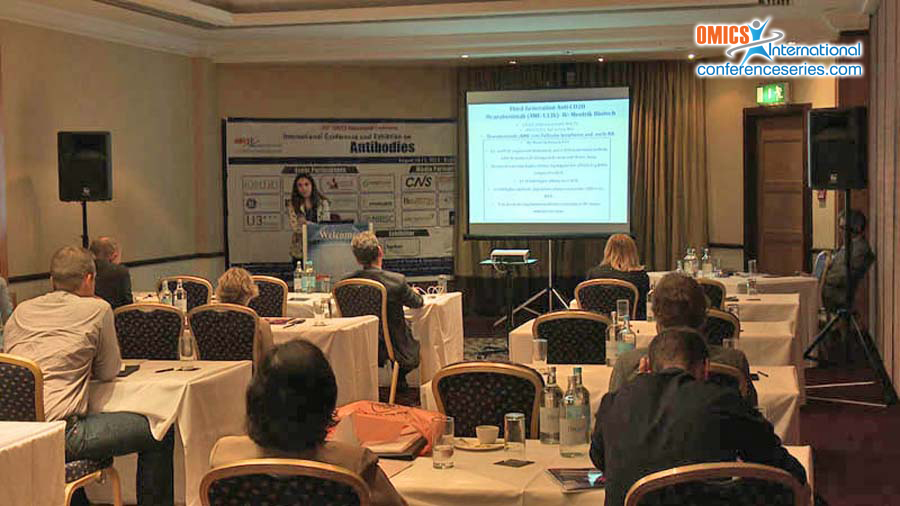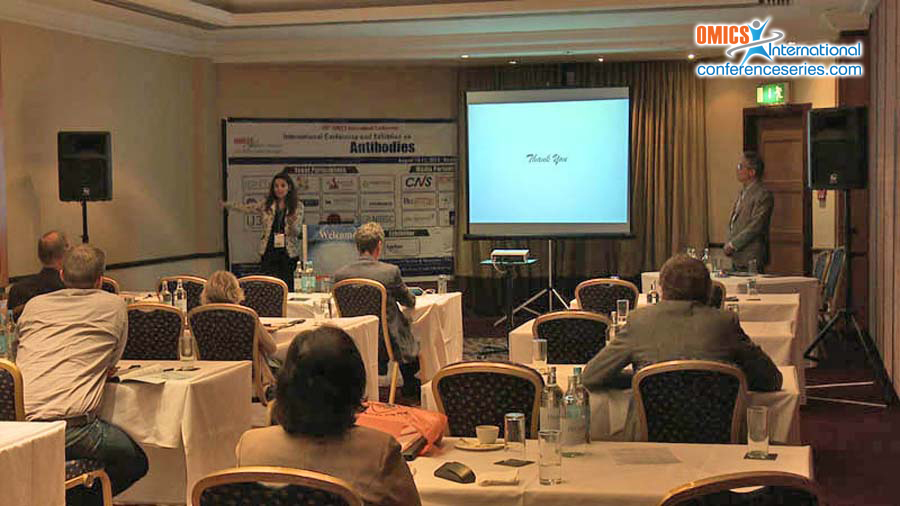
Biography
Biography: Reem Hamdy A Mohammed
Abstract
With the evolution of biologic drugs in the last one and half decades, the treatment paradigm of autoimmune diseases experienced a dramatic shift that ultimately improved outcome in the setting of refractory illness. Targeting the antibody producing B lymphocyte at its different developmental stages represents one important approach nowadays in the treatment strategy of a multiplicity of autoimmune diseases especially rheumatoid arthritis (RA) and systemic lupus erythematosus (SLE). The production and differentiation of the B cells passes through various developmental stages with the earliest identifiable precursor being the stem cells also known as the progenitor B-Cell, then pro-B, pre-B, immature B, virgin B-Cell and plasma cells. Therapeutic antibodies to cell surface receptors on B lymphocytes as well as their survival factors have been extensively tested with the anti-CD-20 therapy Rituximab being on top of the list used for refractory rheumatoid and in refractory systemic lupus particularly after failure of conventional immunosuppressive drugs, in addition to anti B lymphocyte survival factor anti- BLys like Atacicept and Belimumab, the recently approved biologic therapy for systemic lupus erythematosus. Other uprising B cell targeted strategies include Blisimod (A623) soluble and membrane bound BLyS, and Tabalumab (LY2127399) soluble and membrane BLyS, such novel drugs are being currently evaluated in SLE and RA

